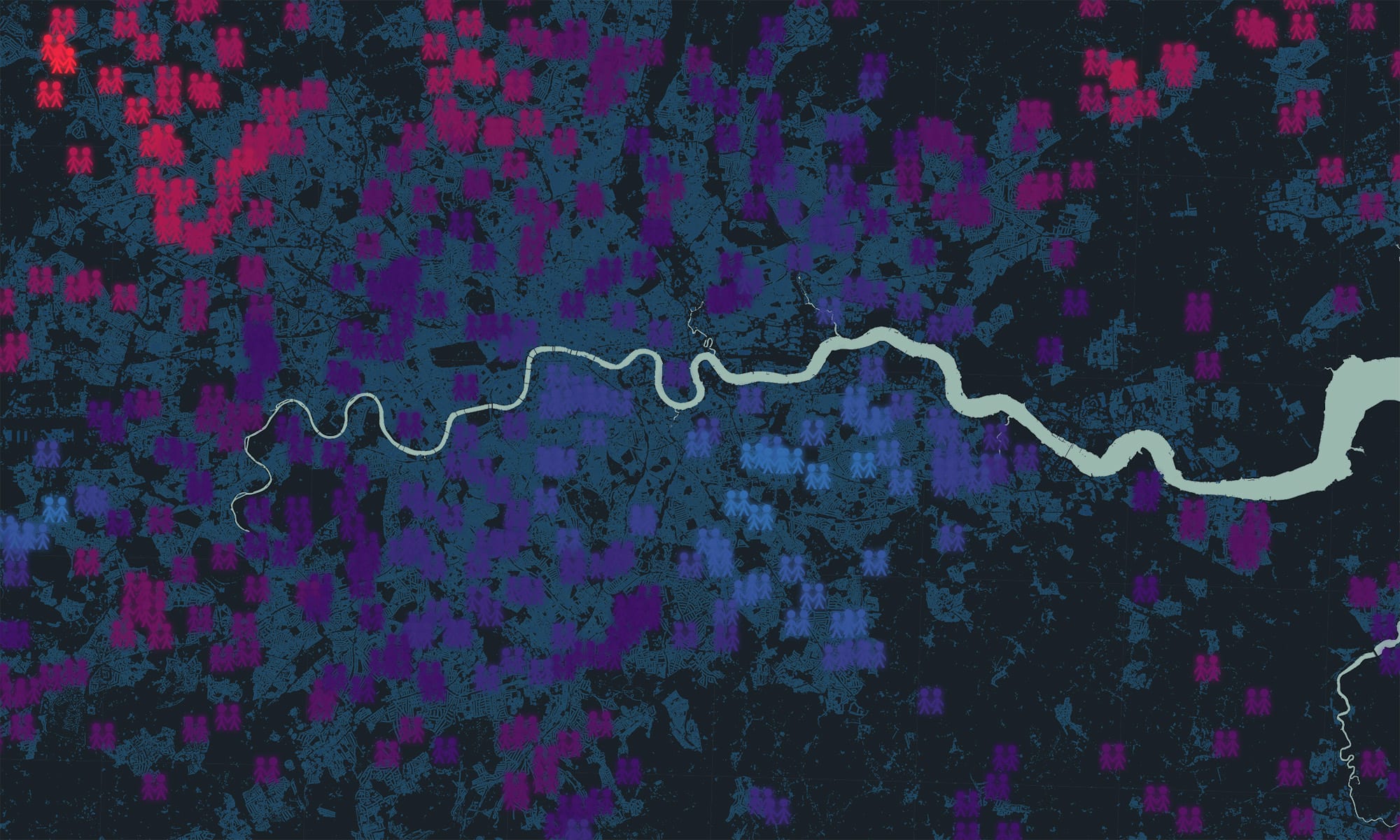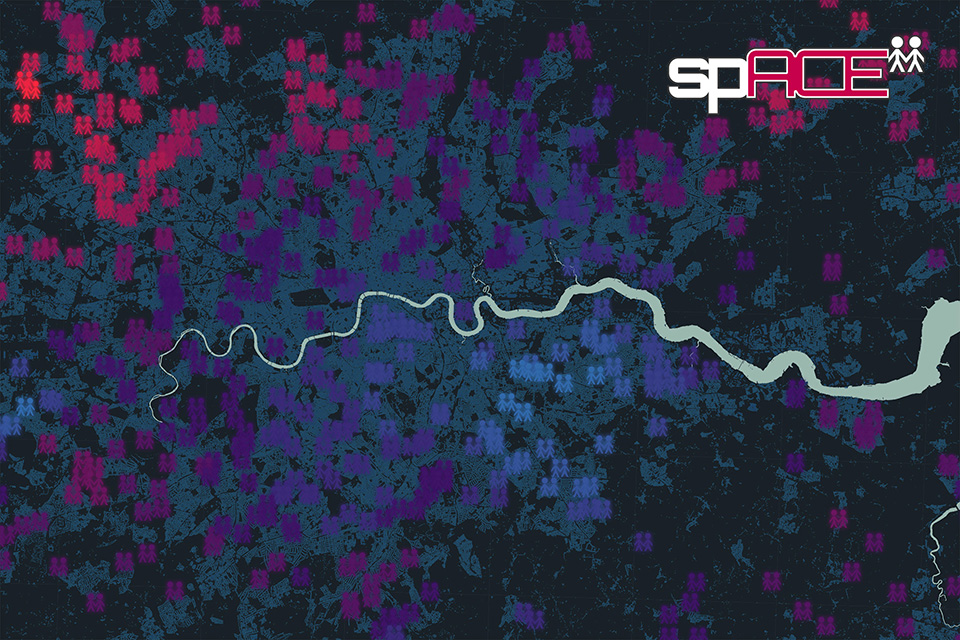Our DNA doesn’t change, but the effect it has on us does. At the Dynamic Genetics Lab, we’re fascinated by the dynamic relationship between genotype and phenotype, and we love coming up with new ways to trace the complex patterns of nature and nurture through time and space.
About us
Genetic variation affects all complex human traits and disorders. However, which genetic variants affect us and how they have their effects depends on the environmental and developmental context. For example, some genetic differences may be apparent only in childhood, or only in the centre of large cities.
The Dynamic Genetics Lab, led by Dr Claire Haworth and Dr Oliver Davis, and part of the MRC Integrative Epidemiology Unit at the University of Bristol, explores how genetic and environmental influences change through time, through space, and in response to intervention.




